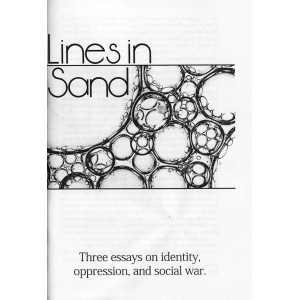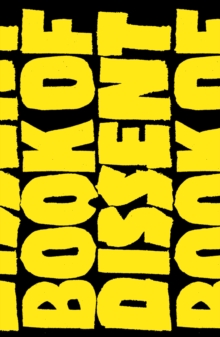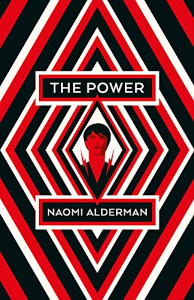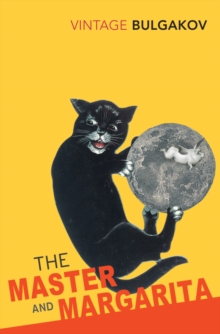Let op! Om diverse redenen kan de voorraad die hier op de website wordt getoond soms niet overeenkomen met de werkelijk aanwezige voorraad in de winkel.
Lines in Sand (Active)
€1.95
There is a line that divides many people whose struggles I respect. I won’t name this line or define either camp, to avoid entrenching them, and I don’t know of any fair definitions that have been put forward by any of those involved in this antagonism. Most of us are familiar with the strawmen that litter this battlefield, though. Those on one side are guilty of “identity politics,” those on the other are “privileged” or “dogmatic.” In some cases I think the different practices can complement each other, each having their own shortcomings. But in other cases they are merely different; I know of people on either side who seem to me to have a complete revolutionary practice, with its own particular advantages, but no failing that could be addressed by the other side. Simultaneously, there are those on both sides who I do not consider allies. Among those who speak of social war are some who want a homogenous front that struggles only for freedom in the abstract, who stifle any talk of oppressions they do not personally experience. And among those who speak of privilege and oppression are some who are just politicians and guilt-mongerers. Between those who speak of privilege and oppression, and those who speak of social war, I come largely from the former, and now find myself closer to the latter. While I want to direct these criticisms in multiple directions, I don’t want to create a false balance between two fictive positions. I hope these criticisms aid not in the development of a better anarchist practice, a peace or synthesis between those who have not seen eye to eye, but in the development of better anarchist practices that need not ever come to terms. However, recognizing that we’ll never all agree on anything, and this is good, I want to argue nonetheless that a needed common ground is an understanding and embrace of social war. I’m afraid that those who speak of oppression without acknowledging the war we are a part of, not as metaphor but as a real and current practice, will only succeed in turning a battlefield into a garden, decorating this cemetery of a society with flowers, ensuring equality of access to a graveyard. I don’t care to argue that one side or another is more correct, only that revolution becomes impossible when we start believing in civil society and stop noticing that the guns are pointed at us too. It is vital to have connections with people we don’t share affinity with, people who are different from us, but it can be difficult to work with people whose desires are reformist without also adopting reformist modes of struggle. Lacking a specific and foregrounded critique of recuperation, as do many who focus on privilege and oppression, coalition politics are almost certain to end up in Popular Fronts that stifle anarchist critiques, prop up Authority, and hoodwink anti-authoritarians into being the shock troops or grunt workers for the leftwing of the system, whether in the guise of NGOs, progressive politicians, or Stalinist parties. Under democratic government, recuperation is far more common than repression as a tool for counterinsurgency. They prefer the carrot over the stick. Those who talk about exclusion more than exploitation, and who focus on getting more carrots for everyone, are sure to defeat themselves. “You Have to Do It My Way” was written in the summer of 2009, and “So Fucked Up” and “Some Suggestions” were written in the summer of 2010.
Auteur: Gelderloos, Peter Jaar: 2010 ISBN: Zonder Pagina's: 31 Taal: English Uitgever: Ardent Press Uitgever stad: Berkeley Verschijningsdatum:






